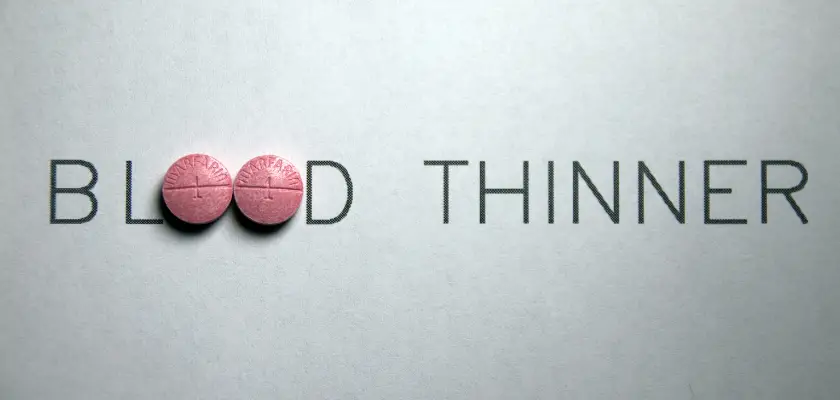Millions of people take blood thinners. Blood thinners save many lives. However, blood thinners have common side effects such as excessive bleeding. A question people ask is, “Do blood thinners lower blood pressure?”.
Do Blood Thinners Lower Blood Pressure?
Blood thinners do not lower blood pressure directly. Blood thinners prevent blood clots. Blood thinners do not dissolve clots.
Thrombolytic drugs dissolve blood clots.
However, there is a scenario where blood thinners can “drop your blood pressure”.

One Scenario Where Blood Thinner Can Drop Your Blood Pressure
As an emergency room nurse and cardiac care nurse, I get to see all kind of interesting medical issues.
I remember this one man came into the emergency room with blood in his stools. The man had complained of dizziness and lightheadedness. He was also taking Xarelto for atrial fibrillation.
He presented to the emergency room with a blood pressure of 86/43. This is clearly a low blood pressure.
Labs were taken and it was found that he lost a lot of blood to the point that he needed blood transfusion.
When you don’t have enough blood in your body, your heart cant pump adequately. The body compensates by lowering the blood pressure.
Conclusion
Although blood thinners don’t directly cause low blood pressure, there is one instance when blood thinners can indirectly cause low blood pressure.



